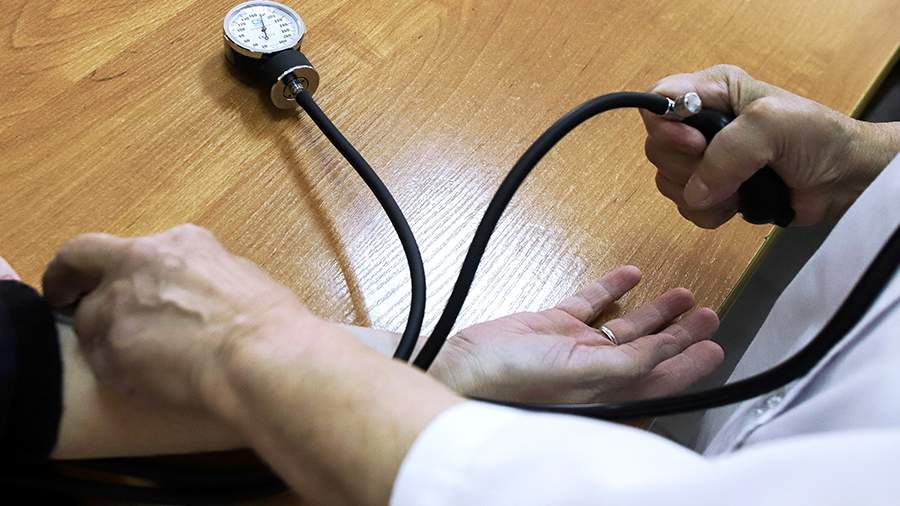The doctor talked about ways to reduce the risk of heart attack and stroke

Risk factors for heart attack or stroke include lack of exercise. A person can exclude some of them. Roxana Portnova, a general practitioner and cardiologist at the Sberbank Health medical company, told Izvestia about this on March 9.
"There are modifiable risk factors for stroke and heart attack that a person can influence, and unmodifiable ones that cannot be changed. The first category includes excessive consumption of saturated fats, trans fats, cholesterol and salt, insufficient physical activity, obesity, smoking, alcohol abuse and stress. The unmodifiable ones include heredity and age," she noted.
According to Portnova, men are more prone to cardiovascular diseases, one of the reasons for this is a lower content of estrogen— a sex hormone that protects this system. At the same time, the doctor clarified, the risks for women increase after menopause.
Portnova advised to stick to a balanced diet. According to her, it is necessary to add fruits, vegetables, whole grains, low-fat meats and poultry, such as beef or chicken, to your diet. She also recommended limiting salt intake to 5 grams per day, which is about one teaspoon. In addition, it is worth eliminating processed foods, fast food and sugary carbonated drinks.
The doctor reminded that for the prevention of heart attack and stroke, it is especially important to give up smoking and alcohol consumption. In the absence of contraindications, at least 150 minutes of moderate or 75 minutes of intense physical activity per week are recommended.
"To maintain heart and vascular health, it is also recommended to control your weight — if men have a waist circumference of more than 94 cm and women have a waist circumference of more than 80 cm, you should consult a doctor regarding safe weight loss. In addition, it is important to find ways for yourself that help you cope with stress, as it negatively affects your overall health, including your heart and blood vessels," she said.
Blood pressure and cholesterol control also play an important role in the prevention of cardiovascular diseases. Starting from the age of 18, it is necessary to measure blood pressure at least once every three years. With readings of 130-139 at 85-89 mmHg and above, it is necessary to consult a cardiologist for further diagnosis and monitoring, Portnova emphasized.
"In order to prevent the development of atherosclerosis, people over the age of 40, even in the absence of symptoms, are recommended to donate blood annually for a lipid profile, including the determination of total cholesterol, "good" and "bad" cholesterol, as well as triglycerides. Every two years, starting from the age of 40, it is necessary to undergo ultrasound of the arteries of the neck to identify possible cholesterol deposits in the vessels," she concluded.
At the end of February, a cardiologist, candidate of medical sciences Azamat Baymukanov told Izvestia about the danger of cold for the heart. According to him, in the autumn-winter period, acute respiratory viral infections and other seasonal viral infections can provoke arrhythmias. Cold is also the most dangerous for people with hypertension and coronary heart disease.
Переведено сервисом «Яндекс Переводчик»
